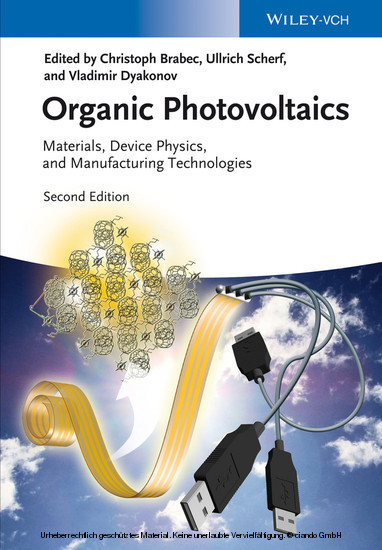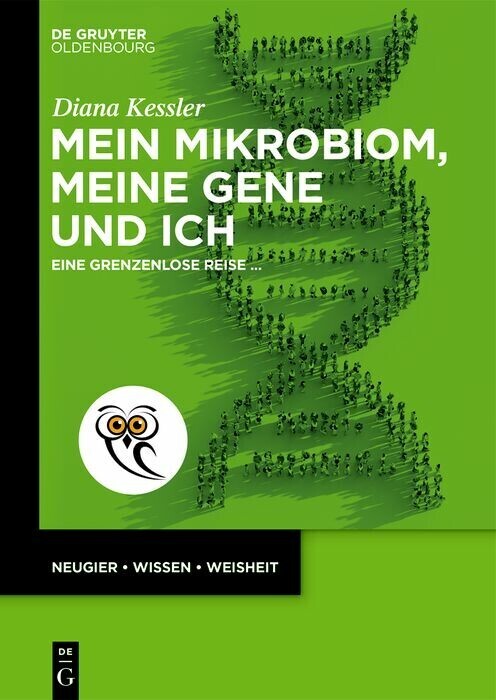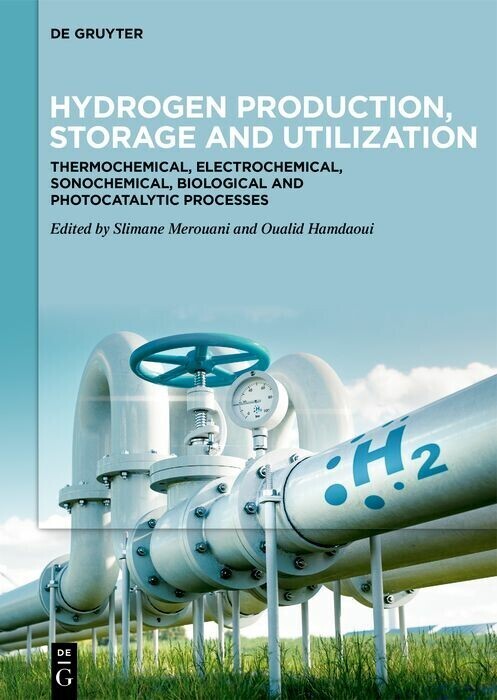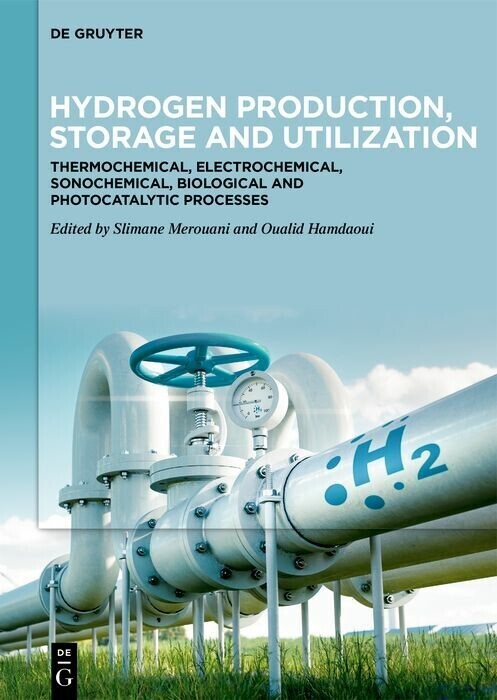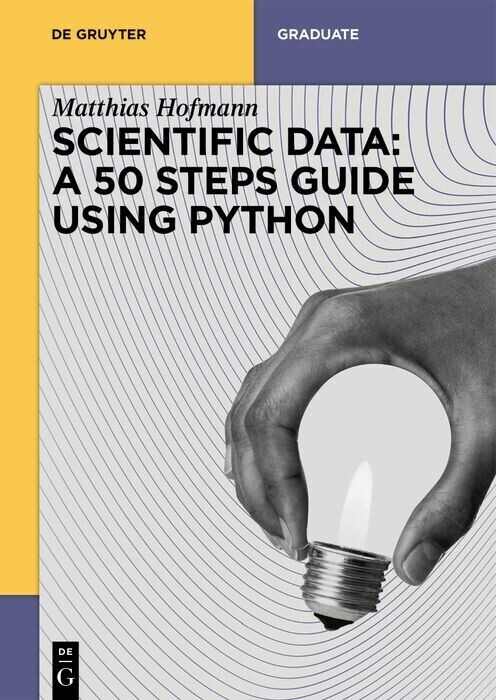Organic Photovoltaics
Organic Photovoltaics
The versatility of organic photovoltaics is already well known and this completely revised,
updated, and enlarged edition of a classic provides an up-to-date overview of this hot
topic.
The proven structure of the successful first edition, divided into the three key aspects
of successful device design: materials, device physics, and manufacturing technologies,
has been retained. Important aspects such as printing technologies, substrates, and electrode
systems are covered. The result is a balanced, comprehensive text on the fundamentals
as well as the latest results in the area that will set R&D trends for years to come.
With its combination of both academic and commercial technological views, this is
an optimal source of information for scientists, engineers, and graduate students already
actively working in this field, and looking for comprehensive summaries on specific topics.
Christoph J. Brabec is full professor at the University of Erlangen-Nürnberg, Germany. His research is focused on materials for electronics and energy technology. After completing his Ph.D. in 1995, he joined the group of Prof Alan Heeger at the University of Santa Barbara, USA, for a sabbatical in 1996, and continued to work on the opto-electronic properties of organic semiconductors as assistant professor at the University of Linz with Prof. Serdar Sariciftci. In 1998, he became senior scientist of the Christian Doppler Laboratory on organic solar cells, which he left in 2001 to join Siemens Corporate Technology as project leader for organic semiconductor devices. In 2004 he became director of the polymer photovoltaics programme at Konarka Technologies. He finished his habilitation in physical chemistry at the Johannes Kepler University of Linz in 2003, and is author and co-author of more than 140 papers and has filed over 30 patents. He is co-chair of the editorial board of the new journal 'Advanced Energy Materials' of Wiley-VCH.
Vladimir Dyakonov is full professor of experimental physics at the University of Würzburg, Germany, and scientific director of the Bavarian Centre of Applied Energy Research (ZAE Bayern) in Würzburg. He obtained his diploma degree in physics from the University of Saint Petersburg, his Ph.D. from the A. F. Ioffe-Institute in Russia and his habilitation degree from the University of Oldenburg, Germany in 1986, 1996 and 2001, respectively. From 1996 to 1998, he worked as post-doctoral fellow at the universities of Antwerp, Belgium, and Linz, Austria.
Ullrich Scherf is full professor for Macromolecular Chemistry at Bergische Universität Wuppertal, Germany, and director of the interdisciplinary research cluster 'Institute for Polymer Technology'. He studied chemistry at Friedrich-Schiller-Universität Jena, Germany, obtaining his Ph.D. in 1988 and subsequently spent one postdoctoral year with Heinz Penzlin, Saxonian Academy of Sciences, Jena. He joined the Klaus Müllen group at Max Planck Institute for Polymer Research in Mainz in 1990 and completed his habilitation in 1996 on polyarylene-type ladder polymers. Ullrich Scherf was Professor for Polymer Chemistry at Potsdam University (2000-02) and, since 2002, Professor for Macromolecular Chemistry at Wuppertal University. He has authored or co-authored >500 refereed journal papers.
Brabec, Christoph J.
Scherf, Ullrich
Dyakonov, Vladimir
| ISBN | 9783527656936 |
|---|---|
| Artikelnummer | 9783527656936 |
| Medientyp | E-Book - ePUB |
| Auflage | 2. Aufl. |
| Copyrightjahr | 2014 |
| Verlag | Wiley-VCH |
| Umfang | 638 Seiten |
| Sprache | Englisch |
| Kopierschutz | Adobe DRM |

